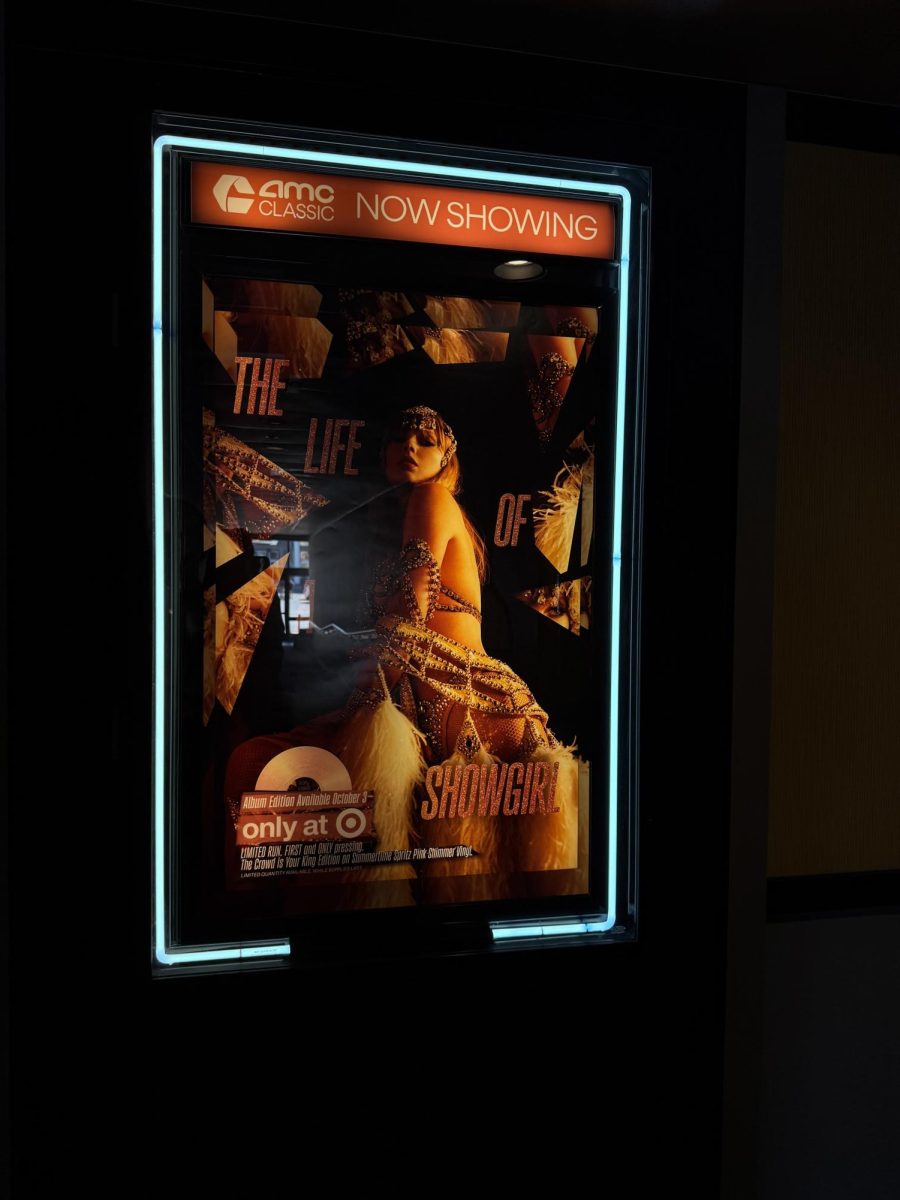Welcome to CalTimes’s Album of the Week series! We will be reviewing our favorite albums and artists, old and new, across all genres. If you have any suggestions, please email us!
After becoming known as the “Piano Man” from his hit album of the same name, Billy Joel produced two subpar albums and needed a big commercial success to avoid being dropped by his record label.
Luckily, Joel fought back with his next release. “The Stranger,” released in 1977, became Joel’s breakthrough record. The album spent six weeks at No. 2 on the Billboard charts, and many of the songs on the album have become concert staples and fan favorites.
The nine-track album contains a song for everyone, from hard rock tunes to romantic ballads, with many songs being standouts.
The album starts out with a fast-jiving beat in “Movin’ Out (Anthony’s Song)”. This song is a great example of Joel’s lyricism, as listeners follow Anthony’s and Sergeant O’Leary’s stories of changing their lives and moving out. The song also features car noises and a drum solo to add to the story.
The title track “The Stranger” gives a deeper look into Joel’s emotions, starting out with Joel explaining, “Well, we all have a face / that we hide away forever / and we take them out / and show ourselves / when everyone has gone”. The song begins with a slow piano ballad and whistling, a nice contrast to the “stranger” portion, which is groovy and has lots of electric guitar.
“Just the Way You Are” features Joel on electric piano, and is a beautiful tribute to his first wife as well as Joel’s first Gold Single. The song almost was not on the album, but thanks to fellow musician Linda Ronstadt, we get to hear the song as part of Billy Joel’s legacy. The iconic saxophone solos are performed by Phil Woods, and his contribution to the album gained Woods considerable popularity. This song also won both Record of the Year and Song of the Year at the 1979 Grammy Awards.
“Scenes from an Italian Restaurant” is a seven-minute rock journey describing running into an old friend during a dinner outing. The song has almost rap-like parts, a ballad section, and jazzy waltz parts to convey different parts of a conversation. “Italian Restaurant” is relatable, as most people have “Brenda and Eddie” figures they can reminisce with friends about.
The opening track to side two of the album, the coming-of-age song “Vienna” has touched many a teenage girl on a hard day. Billy Joel’s soothing voice crooning the lyrics “slow down, you’re doin’ fine / you can’t be everything you wanna be before your time” has comforted people when they are stressed. Originally only released as a B-side to several of his more popular songs, “Vienna” has gained popularity since the rise of Spotify with a much younger audience.
Though the topics in the song are a little suggestive, “Only the Good Die Young” is still a great listen. The anti-religion and rebellious tones did not resonate well with some older audiences, but the drums and organ are still decent elements featured on the track.
“Everybody Has a Dream” is a great close to the album. The last track’s inspiring chorus vocals and soft ride cymbals make listeners want to sway to the beat. Around the four-and-a-half-minute mark, the song switches back to the main theme found in the title track “The Stranger”. The soft drums and piano, combined with the mysterious but nostalgic whistling seems to symbolize Joel going back out into the world as a stranger again after opening up to his audiences during the album.
Rating: 10/10
Main attractors: Billy Joel’s impeccable piano work and storytelling make for a unique classic rock album that has most definitely stood the test of time. His range of emotions covered makes it easier to be able to relate to songs. This album has produced many of his greatest hits and fan favorite tracks.
Main detractors: The album does have some over-production at points for the faster songs, but the stripped-back ballads compensate for this. The sentimental tracks do seem to be more populous than on some of his other albums, but Joel seems to find an even mix of tempos to please most people. Though Billy Joel had some big shoes to fill from his “Piano Man” album, he continued to strive for commercial success and showed he was no “stranger” to the music industry after this album.







